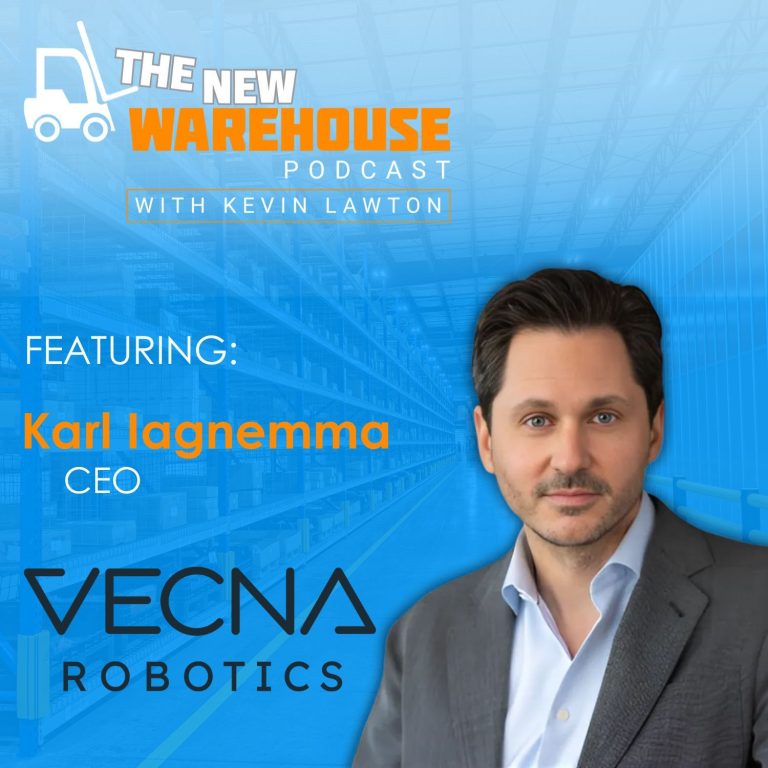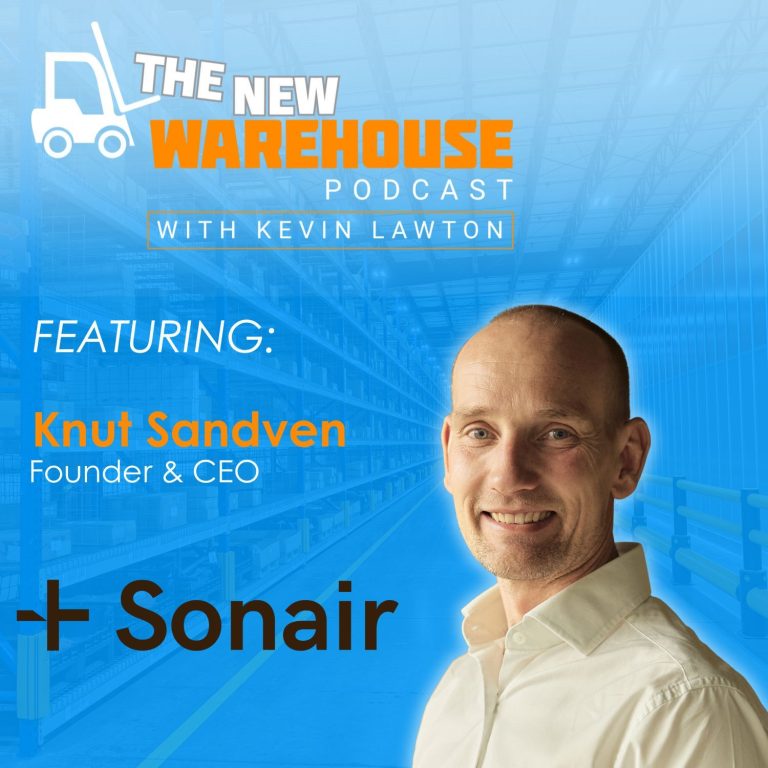Get ready to dive into the intricacies of international e-commerce expansion with guest Riki Hooker, General Manager at Global E-commerce Experts. Global E-commerce Experts specializes in facilitating e-commerce through their portfolio of strategically placed 3PL warehouses. Offering insights on how brands can navigate and succeed in global markets, Hooker shares valuable strategies for brands looking to expand from the European market to the United States and vice versa.
The Intricacies of Taking Your Brand International
Navigating the journey of taking your brand international, particularly for e-commerce sellers, involves a blend of strategic planning and understanding the complexities of new markets. Hooker highlights the multifaceted approach required for American sellers, who are accustomed to platforms like Amazon, Walmart, and Shopify, to enter the European market successfully. From assessing the feasibility of your product’s success to navigating the complexities of compliance and logistics, each step is crucial for a smooth transition. Here’s a brief overview of the key steps involved:
- Feasibility Check – Assessing the product’s market potential, considering Europe’s vast e-commerce consumer base.
- Compliance Phase – Adhering to stringent European standards, including product labeling, ingredient regulations, and tax compliance.
- Logistics and Shipping – Overcoming the challenges of shipping to Europe for the first time and the importance of prior international selling experience.
- Omnichannel Presence – Adapting your online presence beyond Amazon, targeting regional platforms, and optimizing product listings for the European audience.
- Product Selection Strategy – Starting with a core product range to gradually build a presence as they adapt to the market.
Hooker outlines the comprehensive services provided by Global E-commerce Experts, including compliance, logistics, and omnichannel growth. He emphasizes the importance of understanding market-specific regulations and consumer behaviors. “We handle the whole thing end-to-end…making them ready to sell in those markets,” explains Hooker, highlighting the necessity of a tailored approach for each new market.
Navigating New Markets with Global E-commerce Experts
Hooker reveals that European consumers, much like their American counterparts, demand swift delivery services, expecting prime next-day arrivals facilitated by Amazon’s extensive European distribution. The landscape in Europe offers a similar urgency, with platforms like Shopify achieving deliveries across the continent in just two to three days. This comparison underscores a universal e-commerce truth: speed reigns supreme in consumer expectations regardless of geography.
For businesses venturing into new territories, navigating these expectations alongside stringent compliance requirements becomes a pivotal challenge. Hooker’s insights into the European e-commerce ecosystem, from the necessity of dual inventory for UK and EU markets to the strategic use of various shipping methods, highlight the complex yet rewarding journey of international expansion. As companies adapt to these global demands, the agility to balance swift delivery with operational compliance emerges as a key driver of e-commerce success.
Key Takeaways:
- Global expansion requires a deep understanding of market-specific regulations and consumer preferences.
- Global e-commerce is pivotal in helping brands expand internationally by offering a platform to reach new markets with relative ease and efficiency.
- Strategic compliance and logistics planning are essential for entering new markets.











